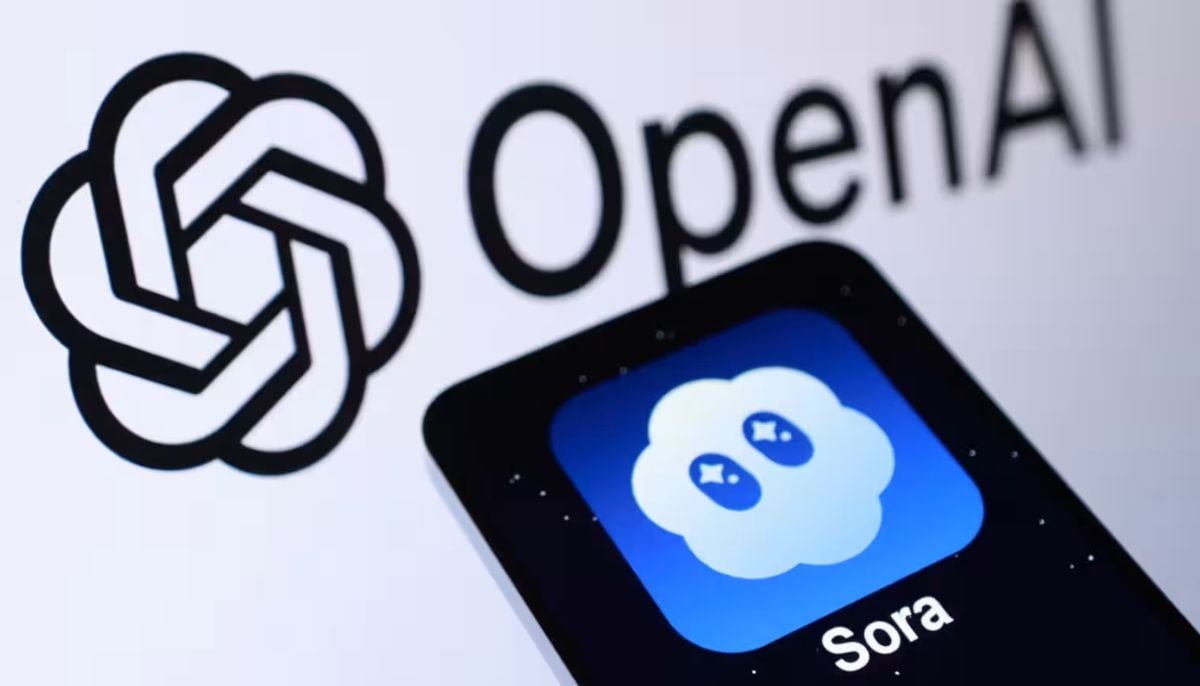Home / Technology
OpenAI faces copyright backlash over alleged misuse of anime content
Japanese media companies have accused OpenAI of using their creative content

OpenAI’s recently launched video-generation model Sora 2 might be dazzling users worldwide, but Japan’s biggest entertainment studios are not impressed.
Several major media companies have accused OpenAI of using their creative content, including beloved anime and video game visuals, to train the model without permission.
In a joint letter, the Content Overseas Distribution Association (CODA) and nearly 20 co-signing companies, including anime powerhouse "Toei Animation" and Final Fantasy creator "Square Enix", claimed that many of Sora 2’s generated visuals “closely resemble Japanese copyrighted works.”
They have alleged that OpenAI trained its model using unauthorised anime, manga, and game assets, effectively copying Japan’s creative DNA.
CODA is demanding that OpenAI immediately stop using its members’ content for AI training and respond transparently to copyright inquiries about Sora 2’s outputs.
The organisation insists that, under Japanese copyright law, creators must explicitly opt in before their work can be used, clashing with OpenAI’s current opt-out policy.
The controversy adds to Japan’s growing frustration with AI’s use of anime art and gaming assets.
Earlier this year, Japan’s Minister of State for Intellectual Property Minoru Kiuchi warned tech firms that “cultural integrity cannot be sacrificed for innovation.”
However, this isn’t OpenAI’s first brush with anime controversy either, as CEO Sam Altman previously faced backlash after showcasing Ghibli-inspired images made with ChatGPT.